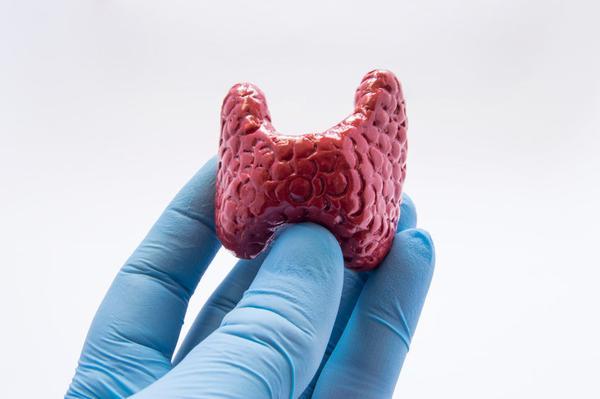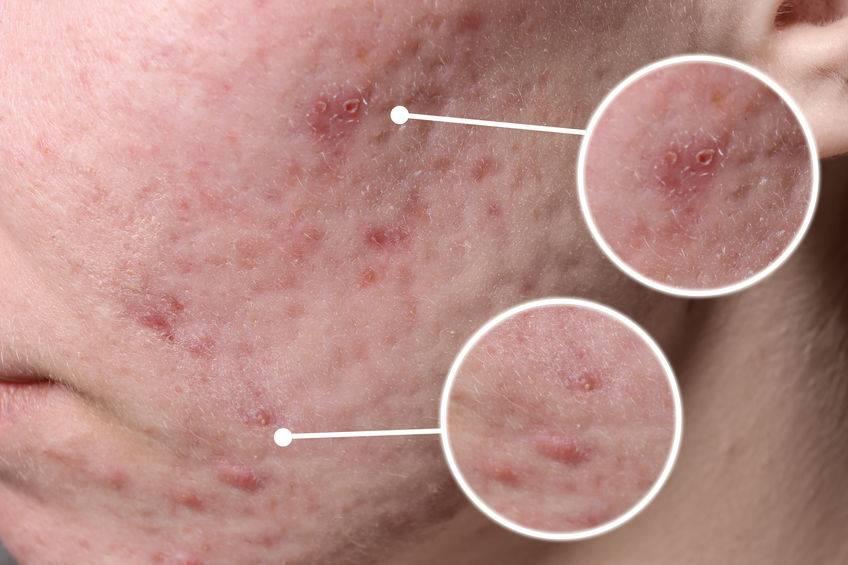Endocrine disorders are a vague concept, not specific to a certain disease.
Under normal circumstances, the endocrine system of the body regulates the activities of the human body through the deployment of various hormones and the nervous system, so that the levels of various hormones maintain a dynamic balance. Endocrine disorders can lead to abnormal hormones, or cause these problems

However, under the influence of certain factors, this balance will be broken, resulting in abnormal effects of hormones and corresponding symptoms.
7 Endocrine disorders can lead to abnormal hormones
1. Hypofunction of the pituitary gland
A complex syndrome caused by hormone deficiencies of the pituitary gland, which can be a single hormone deficiency or multiple hormone deficiencies.

Symptoms and signs of hypopituitarism vary from person to person and depend on the extent of the effect.
People deficient in this hormone may experience fatigue, muscle weakness, and changes in body fat composition, as well as social isolation and lack of confidence.
2. Hyperthyroidism
Hyperthyroidism is often accompanied by symptoms such as exophthalmos, dysfunction of the autonomic nervous system, goiter, and increased basic metabolism.
In addition, there are symptoms such as arrhythmia, sweating, fatigue, tremor, muscle weakness, and anxiety.

3. Hypothyroidism
In mild hypothyroidism, the symptoms are not obvious, but severe patients will have characteristic non-pitting edema, such as leg edema, when the edema is pressed by the fingers, the skin will not be sunken.

In addition, apathy, unresponsiveness, rough skin, pale complexion, swollen eyelids, narrow eye fissures, difficulty opening eyes, thinning hair, dry shedding, hoarseness, dizziness, anorexia, etc. are also symptoms of hypothyroidism.
4. Cushing’s syndrome
Cushing’s syndrome can show symptoms such as acne, moon face, central obesity, purple skin lines, diabetes tendency, high blood pressure, and osteoporosis.
5. Hypofunction of the adrenal cortex
This type of dysfunction manifests as progressive general malaise, listlessness, fatigue, fatigue, anorexia, nausea, weight loss, dizziness, orthostatic hypotension, and pigmentation.
6. Pheochromocytoma
Pheochromocytomas usually arise from the sympathetic ganglion, other parts of the aerobic tissue, or the adrenal medulla. This type of cell tumor can cause persistent or paroxysmal hypertension, multiorgan dysfunction and metabolic disturbance.
7. Polycystic ovary syndrome
Androgen excess can lead to hirsutism, acne, anovulation, infertility, and polycystic ovarian changes. There are many problems caused by endocrine disorders, involving various aspects, and patients need to be treated by radiotherapy or drugs.
Radiotherapy is aimed at endocrine tumors or glandular hyperplasia. The treatment effect is obvious through radiation exposure or isotope administration.

In addition, for diseases that cause endocrine hypofunction, organ transplantation can be considered for treatment. For example, pituitary gland transplantation can treat pituitary hypofunction, but attention should be paid to the rejection reaction after transplantation.
For diseases that lead to hypersecretory function, tumors or hyperplastic tissues that are initially lesioned during surgery can be used.
The above are the problems that may be caused by endocrine. These problems will seriously endanger the health of patients and need to be treated in time. However, this disease involves many aspects and needs to be treated according to the specific symptoms of the disease.
It is recommended that patients undergo laboratory, imaging, autoantibody detection, and chromosome examinations first. Wait until the condition is clear, and then carry out the corresponding treatment.
Read more about health and fitness at www.growmorehealth.com
